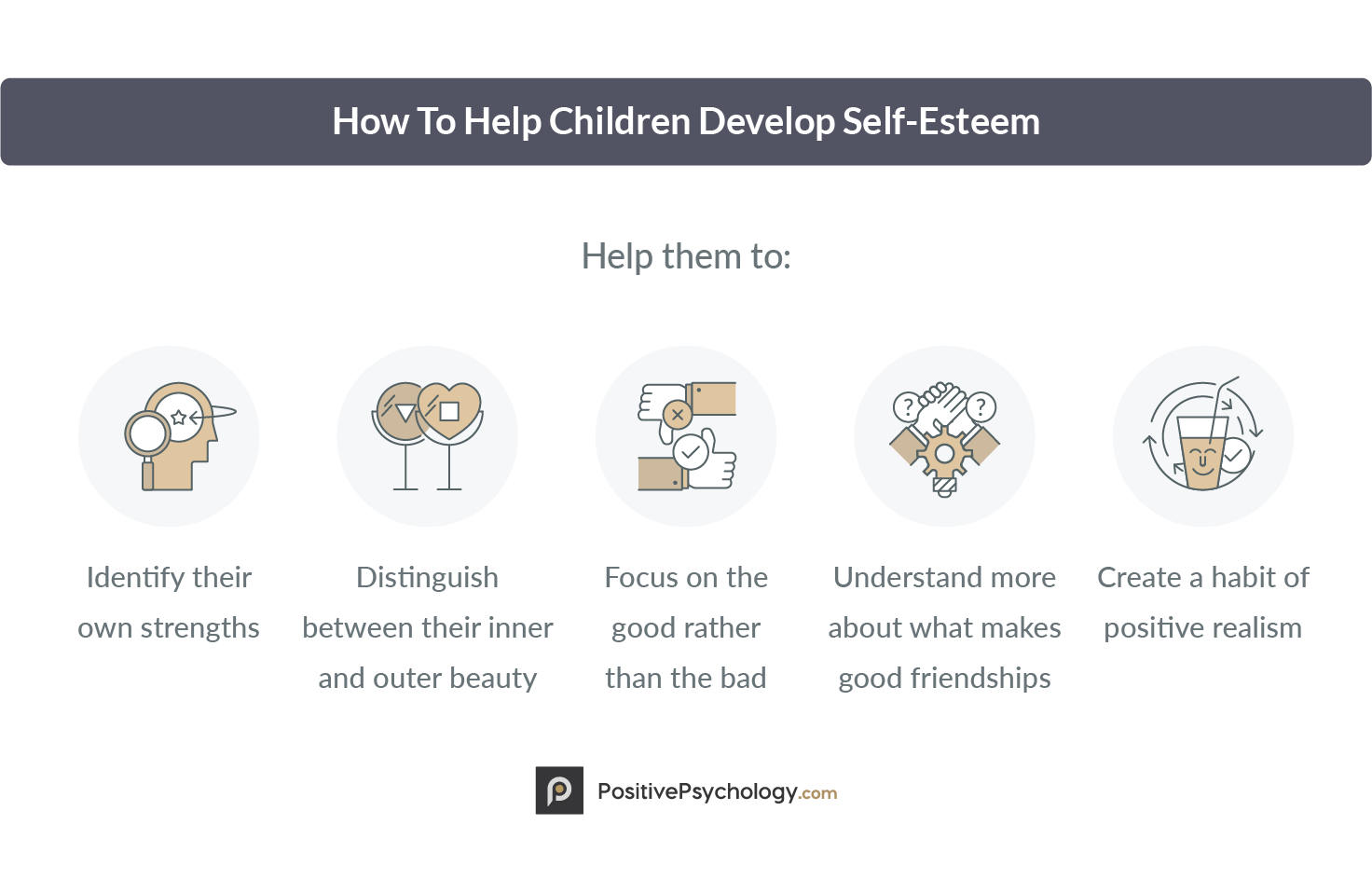As teachers, we have the major responsibility of teaching and nurturing young minds to becoming contributing members of society. We also play a major role in developing their self-esteem and belief into achieving their dreams and what they want to become in the future. When we talk about building self-esteem, we often discuss the process of developing it from low to a healthy level. There is however something important that is left out of the conversation; the danger of building too much self-esteem.
The early development of high self-esteem can create problems in many aspects of the child's life moving towards adulthood. Such problems may include the inability to build and maintain healthy relationships. Such individuals may require constant validation and praise which may be daunting for friends or partners. They may also have difficulties socializing because they are often seen as "not fun" to be around due to their self-boasting nature. Some of the more dangerous and negative effects of very high self-esteem is the lack of improvement and the inability to deal with criticism. Lack of improvement involves the individual becoming blind to their abilities and faults which stands as a barrier to self-improvement and maturity. Not being able to take constructive criticism holds the individual back from growing, all in an effort to preserve their self-image.
Implications on school and the outside world
According to psychologist Carol Dweck, praising efforts and not achievements plays a major role in building what she calls the growth mindset – the belief that an individual can become smarter through their own efforts. There is much criticism today with how teachers and other educators praise youth with minimal effort/achievement and even reward them with "participation trophies." These rewards praise participation and not the content of their performance or effort. This may lead to a sense of entitlement or unearned confidence. This continues to adulthood with the individual believing that showing up is enough to succeed, making it harder for them to understand the difficulty of success and overcoming a challenging obstacle.
This slippery slope of praising young students for their efforts and rewarding them for their achievements, all while trying to build healthy self-esteem is a difficult yet important responsibility for modern teachers. In an era of social media and a constant desire for validation, it is important now more than ever for young minds to be prepared for the real and internet world.

Brought to you by: Kevin@NU
No comments:
Post a Comment